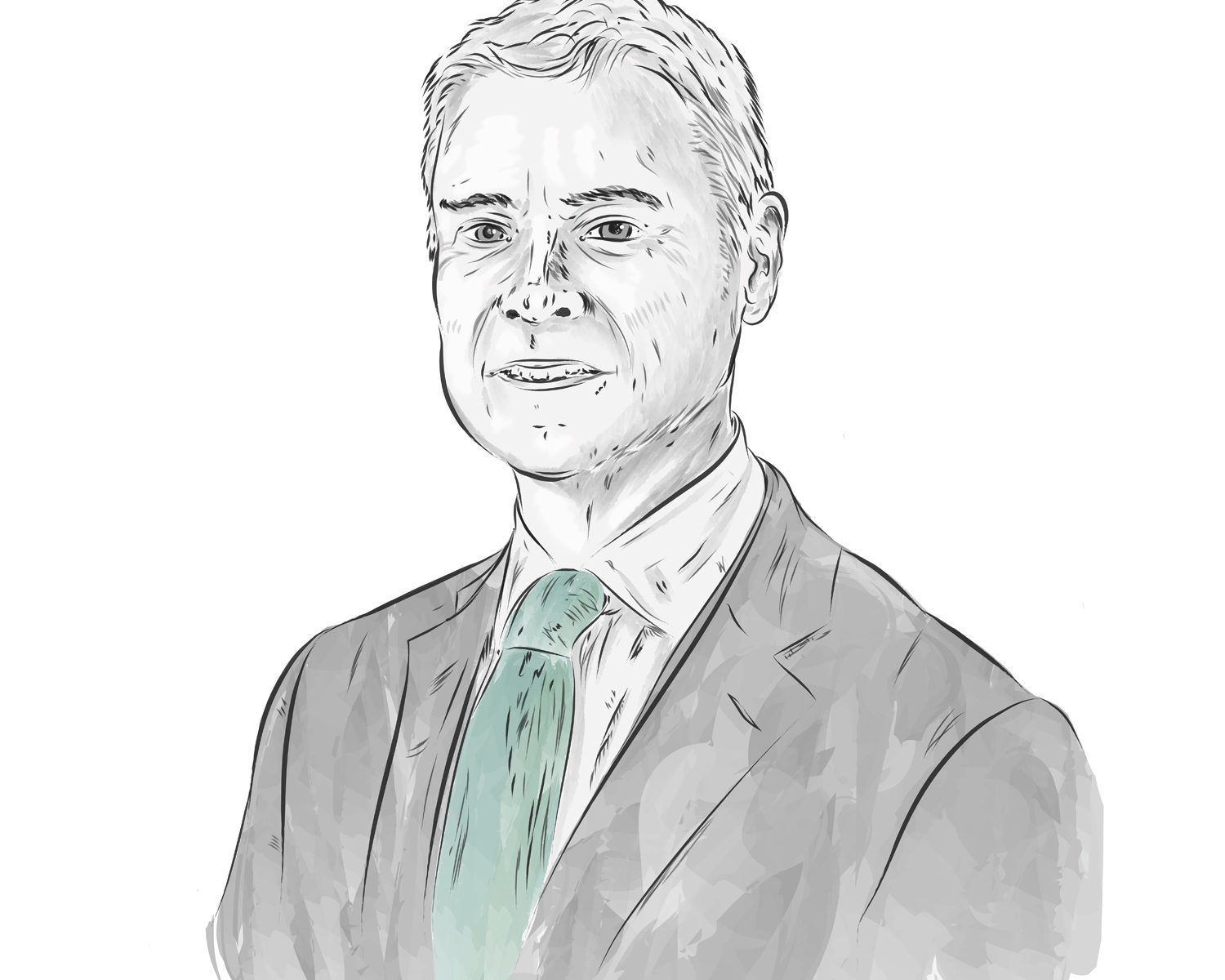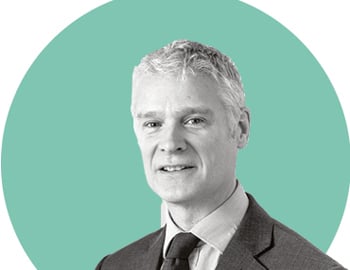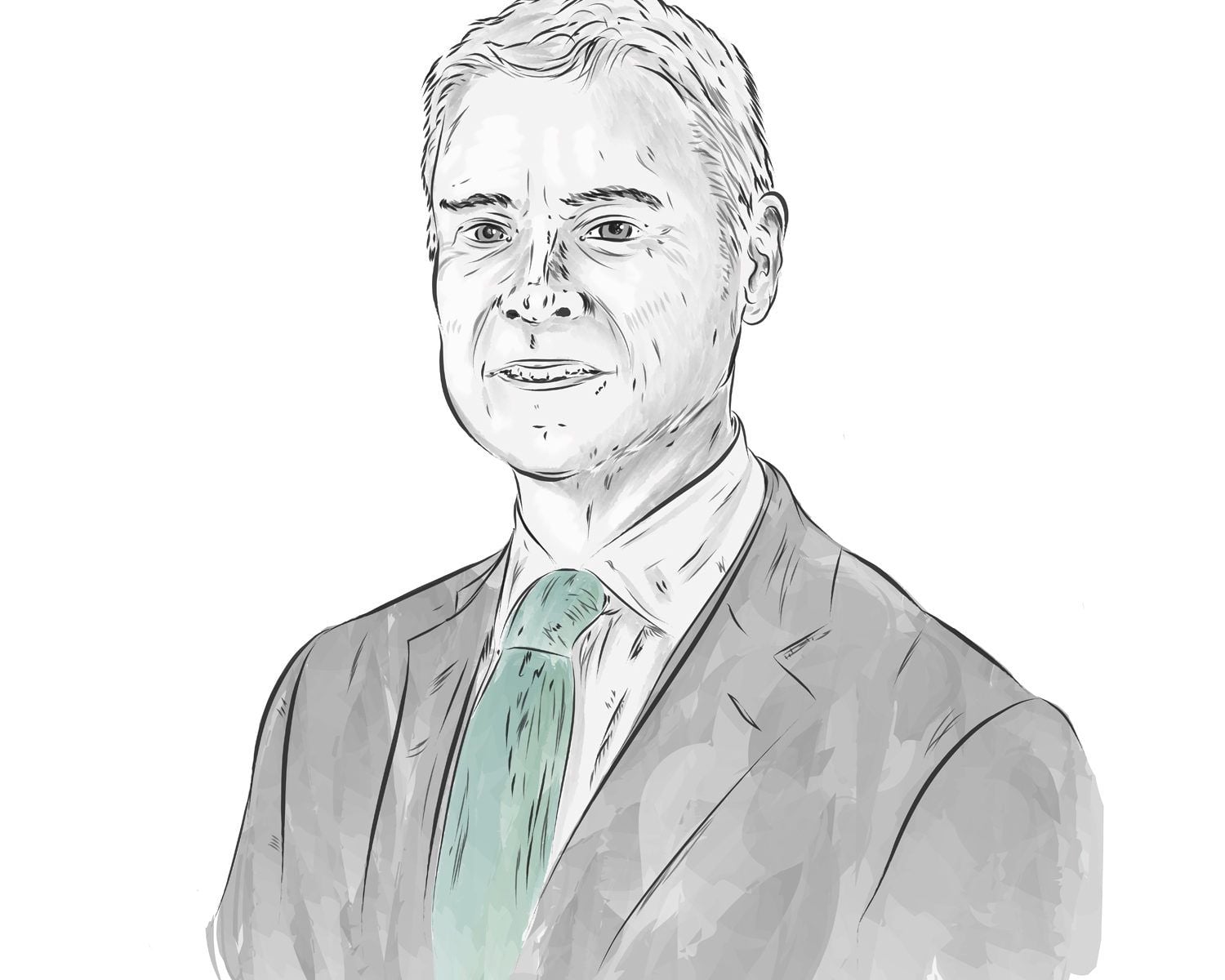How would you define your Walker Morris’ culture? How important is firm culture to you?
If I had to summarise our culture in one word it would be collaboration. By that I mean not only collaboration internally and with clients, but also with other professionals, including from other law firms.
Having all our employees based in one location and working with each other on a day-to-day basis engenders a very special culture. It encourages seamless, collaborative team working and also means the board and I are very visible. We have a fairly flat structure anyway, but it helps us to be more accessible.
Collaboration is also at the heart of our relationships with clients. We like to empower our lawyers to give them the freedom to grow and develop their practices by having the time to really understand our clients’ businesses and collaborate with them to develop creative solutions. Daniel O’Gorman, one of our corporate partners, is a good example of that. When he joined a couple of years ago we gave him the space and time to develop his strong private equity connections overseas – which he has done with great success.
We’re able to support him with a very strong capability from our office in Leeds, often while he is overseas, to create a cohesive service for his US-based clients.
Finally, collaboration with other lawyers is a key part of our culture. Being a fiercely independent firm, our strong network of independent, overseas law firms is important to us. We work collaboratively with them, both in terms of work and shared marketing events. We have a long and successful track record of working with US and Magic Circle firms, providing specialist support – such as pensions, labour law and real estate – on transactions where they do not have full service capability. There might also be opportunities for working with other independent firms, for example, in developing artificial intelligence capabilities – something we are currently exploring.
What’s the main change you’ve made in the firm that will benefit clients?
Having only started the role on 1 May this year it is still very early days. I want to ensure my efforts are predominantly outward facing and client focused. I am working my way around our key clients and we are re-invigorating our key client programme as part of our strategy renewal. As part of that we plan to extend the range of specialist services we offer within our core markets. We
will provide these additional services in response to identified needs of existing and prospective clients, both in the US and UK.
The other major project we’re working on is our move to a new building. It will be the largest professional services relocation in Leeds for almost 15 years, so it’s a big undertaking for everyone in the firm. The move is more than just moving to a new building. We’re using it as a springboard to radically change the way we work. So it is one, albeit key, element of a programme of major infrastructure investments we’re making to give our lawyers the freedom to manage their time differently and the flexibility to work more efficiently from any location, be that in the office, remotely from home, with clients, or on the move. Investments include new document and case management systems, a practice management system, improved remote working capability and the difficult, but important, shift to a paper light environment. We’re also trialling AI systems as we speak, which is very exciting.
What are the biggest misconceptions of firms such as Walker Morris – do you find yourself pigeonholed by historical reputations?
People sometimes fail to understand our business model as we don’t fit neatly into the pigeonholes of a regional, national or international firm. But whatever misconceptions there may be, they don’t hold us back. With the largest headcount in Leeds we are (unsurprisingly) dominant in our regional market, but what many people don’t realise is that over 70 per cent of our work is from outside of the region with around 20 per cent of it from international clients.
Our international clients really value our City-quality offering without the overhead. Relationships are critical so we invest heavily in our clients; we visit them often, whether they are in London, Leeds or Milwaukee, These factors plus great tech make a compelling proposition so that, frankly, our clients don’t mind where their work is being handled.
Differentiation is critical to buyers of legal services – how do you stand apart from the rest of the market?
We differentiate ourselves in a number of ways. We have a deep understanding of our clients’ needs in key sectors, mostly in the real economy. We aim to give a genuinely full-commercial service to those clients, which means continual adaption so we can deal with a plethora of emerging issues, such as clean energy, technology/data, competition and the impact of sanctions.
We are also aiming to give our lawyers a real competitive edge through technology. We’ve already started with the basics, investing in infrastructure and systems security. Clients tell us how vital it is that the integrity and security of their data is protected. Indeed, we see in the media all too often the far reaching consequences for companies who face security breaches. We’re pleased with the progress we’ve made in this area. In fact, in a study by cloud intelligence company OnDMARC we were the only top 100 law firm to pass its security tests. We are now looking at ways we can use technology to streamline service delivery and free up the time of our talented
lawyers so they can spend their time on the ‘rocket science’.
Finally, we’ve also differentiated ourselves in our international approach to service our clients’ international needs. To that end we’ve invested in developing strong connections with other leading independent firms worldwide so we can identify the local firm that is best able to fit our clients’ specific requirements in other jurisdictions. This ‘best-of-breed’ approach has found favour with many of our international clients, particularly in Europe, the US and Asia who appreciate our knowledge of the legal marketplace in the European jurisdictions they wish to do business in.
What do you think are the top three things most clients want and why?
Outstanding quality of work and service levels are hygiene factors in the competitive world of commercial law. They are a given. Clients want advisers they know and trust – relationships are vital. We take the time to travel and see our clients, wherever in the world they are. Understanding your client’s market and business is key in helping them to manage risk, which is top of the list of all the general counsels we speak to. GCs are coming under increasing pressure to demonstrate value and manage tighter budgets. Helping them to deliver more for less is important and working with them to identify the costs savings really helps win friends. That might be achieved through technology and process for example of being innovative on fees or shared risk.
What have you found is the best way to retain talent – both at partner and associate levels?
The workplace is changing quickly and responding to those changes is vital in the battle to win and retain the best people. Allowing greater flexibility through agile working definitely, for example, helps. Offering greater flexibility in career choices and paths is also important. People have different needs at different times in their working lives; firms need to find ways of keeping their staff through these different stages.
We already have a great training programme for our lawyers. We now plan to roll out a leadership programme open to our lawyers and business services staff, giving us a pool of talent from which we can draw future generations of leaders. We’ve been investing heavily in our learning and development programme. For example, our mentoring programme has increased by 70 per cent in the last year and we also launched an online training academy to provide bite-sized content from leading experts.
Since becoming managing partner what’s surprised you most, either internally or externally?
How fantastically supportive the partners and all of our staff have been. I am very lucky to work with such great people.
–
Malcolm Simpson became managing partner of Walker Morris on 1 May 2018. He has 17 years of experience as a partner in the commercial disputes team and, as IT partner, oversaw a multi-million pound investment in the firm’s IT systems and infrastructure.


